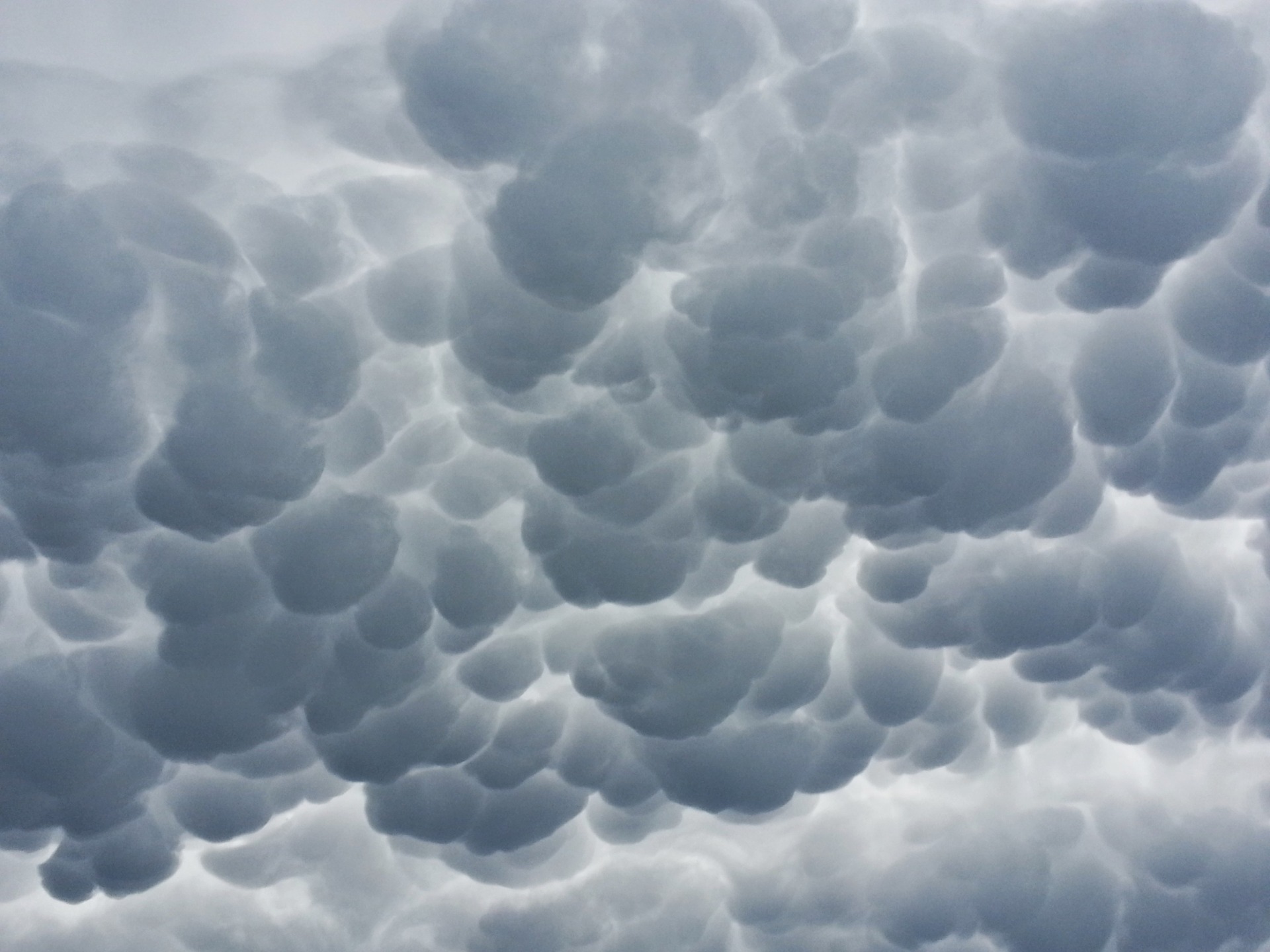Educate about plastic in school

Educate about plastic in school
Have you ever heard anyone say that the younger generation has the chance to save our future? But to do that they need to have more understanding of the problem. They need to be motivated to wanting to make a change.
Plastic in nature and oceans is a global, well-known environmental issue. Yet, even though we according to scientists have known about this problem for almost 50 years which they write in an article at Stockholms university, we still don't have a solution of fixing it. According to some people, it's the older generation that created the issue, but they rely on the younger generation to fix it. If that's the case, that the younger generation, todays teenagers are the solution to this enormous problem, do they have the knowledge that it requires?
One suggestion is to educate younger more about plastic and it's consequences. Students will have even more classes about our current environmental threats. Teachers will teach more about environmental sustainability and give more knowledge and experience about plastic and the consequences that it causes. This is thought to lead to increased interest and more action regarding sustainable development. This means that our teachers has a huge responsibility, what does it look like from their perspective regarding this solution. I asked Therese Arvidsson, science teacher at Realgymnasiet in Borås about this. It went like this;
Do you consider our plastic consumption a big environmental threat?
Yes, it is insane what huge amount of plastic that we are surrounded by! A shopping trip to the supermarket and you get multiple kilos of plastic to sort. I think increased taxes for plastic bags is a positive initiative, for example, that stores started to charge for bags.
Do we educate teenagers enough regarding plastic and the consequences that it brings?
Teenagers today, is according to my perception very environmentally conscious but has their own opinions, just like everyone else. What I mean is that teenagers get involved in environmental issues in different ways and extent. But you could educate more regarding plastic and its consequences. The course-plan for grade- and secondary highschool do contain these matters, but we could never mention it to many times.

How do you think when you teach about the problems that is caused by plastic?
At the moment, I have not taught much regarding that specific problem, but my starting point during my classes is to base the assignments etc. to the student's interest and curiosity. That is when knowledge and experience get a hold of the student, from my perception. Regarding plastic, I have tried to actualize it by visible how much plastic that we have in our surroundings every day. Everything from larger plastic containers for food, plasticbags and microplastics in your showergel or bodyscrub.
Do you have any advice for other teachers so they can make classes about plastic both interesting and effective?
I think it is more important for the students to participate in investigating deeper into the problem than just listening to a teacher for a whole lesson. The teacher can lit the spark for interest but the students can look for knowledge. I think varied working strategies and assuming from current situations is effective and important. Teens tend to live in the present, what is interesting is what is here and now.
After this interview, we can draw the conclusion that Realgymnasiet is a school that educates a lot about the big issues the enviroment suffers from right now. This is something more schools should take notice in and do the same. We could never bring the subject up to many times.
